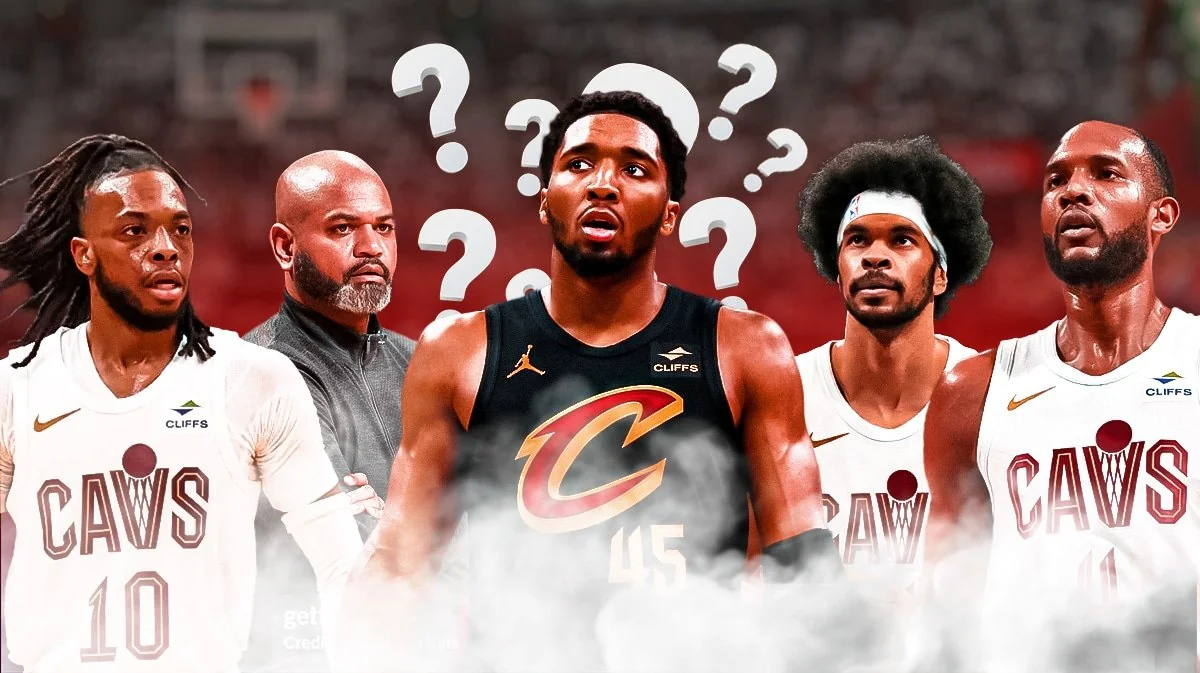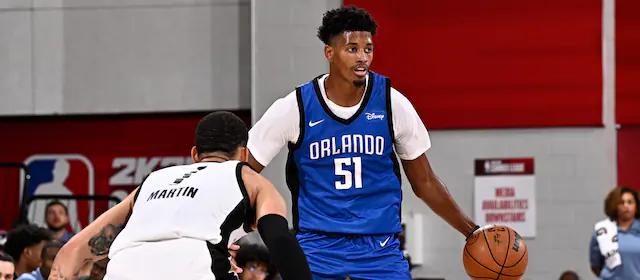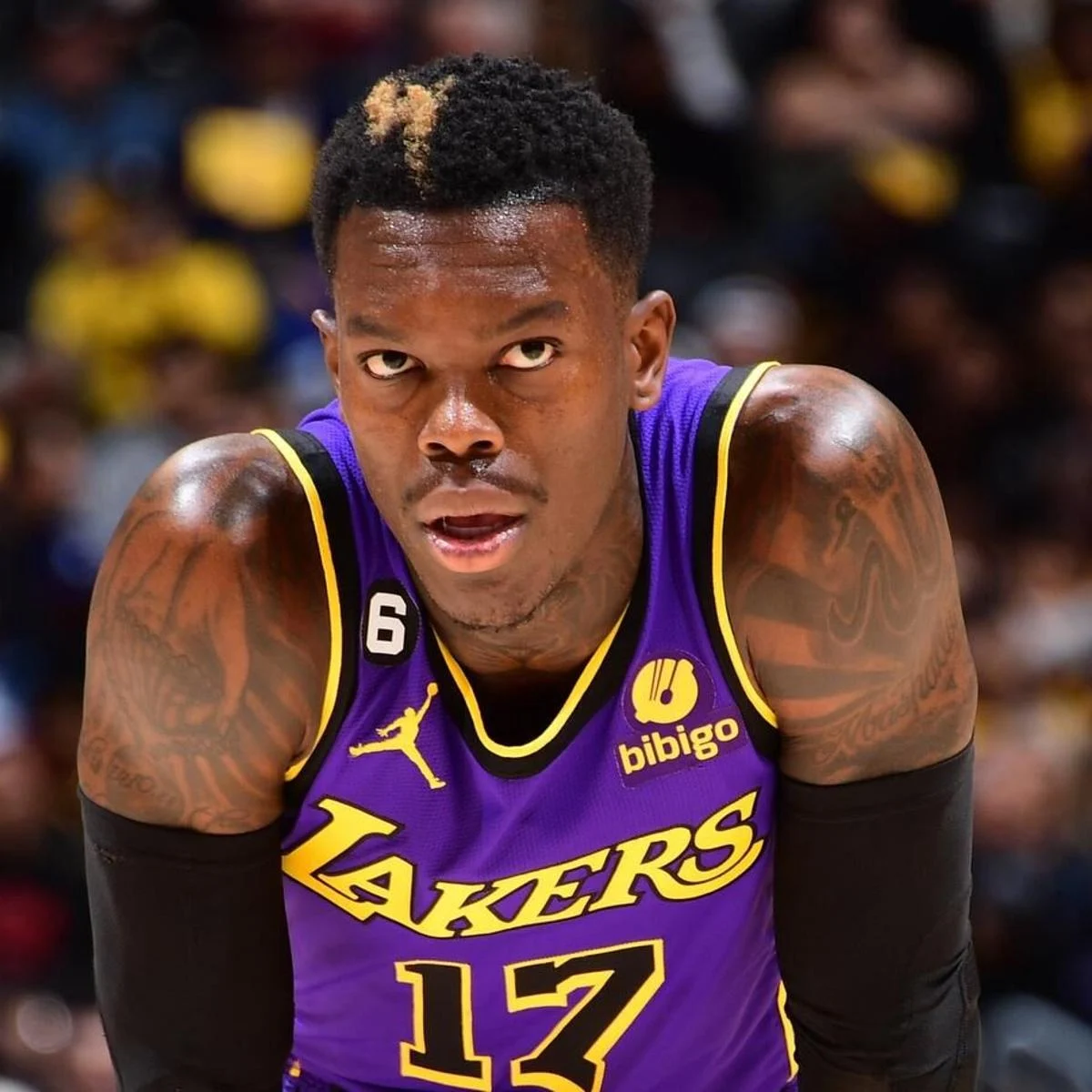The Detroit Pistons, now led by new president Trajan Langdon, clearly prioritized strengthening their roster across multiple positions this offseason. While not necessarily aiming for a playoff run this year, they were tired of enduring 60-loss seasons and brought in skilled veterans to bolster the team.

However, one position they left untouched was point guard. The Pistons remain the only team with available cap space and a number of players still seeking contracts. They also have several young players in need of development time, while keeping an eye out for potential mid-season trade opportunities.
For a team that emphasized adding competition, shooting, and experienced veterans, the lack of a reliable backup point guard stands out as the most concerning aspect of their roster makeover.
Reinforcements Everywhere but PG
The Pistons made several notable roster moves this offseason, including drafting an intriguing two-way wing in Ron Holland and, to a lesser extent, Bob Klintman. They filled a major gap at starting power forward by bringing in Tobias Harris and strengthened their guard and forward positions with high-volume shooters Malik Beasley and Tim Hardaway Jr. Additionally, they added Paul Reed, one of the better reserve centers in the league.
However, despite parting ways with point guards Killian Hayes, Monte Morris, and Malachi Flynn, the Pistons didn’t bring in anyone with significant experience at the position. Instead, it appears they’re gambling on a trio of players to handle ball-handling and playmaking duties in bench lineups, none of whom are traditional point guards.
Jaden Ivey, who took on point guard responsibilities during his rookie season after Cade Cunningham’s injury, still has some issues with decision-making and court vision. Marcus Sasser, though an explosive bench scorer, struggled in his rookie year to see beyond the first read, playing more like a shooting guard in a point guard’s frame. Ausar Thompson, who can play up and down the lineup, has a shaky handle and limited experience orchestrating plays but could potentially thrive as a point-forward given his limited shooting range.
While the team may lean heavily on Cade Cunningham in the starting lineup, logging over 34 minutes per game, the lack of a reliable backup point guard remains a major concern. As of September 1, it’s hard to shake the worry about how this will impact the team.
$10 Million But Nobody to Spend it On
The Pistons certainly have the financial flexibility to address their backup point guard situation, with $10.2 million in cap space and an open roster spot available. There are point guards still on the market, but they don’t seem to align with the criteria new president Trajan Langdon used when building the roster earlier in the offseason.
Langdon’s focus has been on two main factors: Can a player reliably make threes at high volume? And can they stay healthy enough to play more than 70 games a season? Tobias Harris, Malik Beasley, and Tim Hardaway Jr. all fit that mold, but the available point guards don’t quite check those same boxes.
Among the top unrestricted free agents is Markelle Fultz, who has shown resilience after early career struggles to become a solid bench player with the Orlando Magic. While Fultz has had success finishing near the rim in previous seasons, his efficiency dropped to 62% within three feet last year, and he was limited to just 43 games. Moreover, his lack of an outside shot and diminished ball-handling responsibilities as Jalen Suggs emerged make him less of a “Langdon player.” Still, Fultz is a better defender and floor general than the current versions of Jaden Ivey and Marcus Sasser.
Beyond Fultz, the options thin out. Dennis Smith Jr., who had a brief stint with Detroit, has overcome his own injury issues and played well for the Nets last season. However, he also lacks floor spacing ability. Veterans like Patty Mills and Ish Smith don’t fit the mold either, for similar reasons.
Letting Young Players Develop
The Pistons’ lack of urgency in addressing their point guard needs became evident when Tyus Jones remained on the free agent market for most of the summer. Jones had just come off the best shooting season of his career with the Washington Wizards, boasting an impressive 7:1 assist-to-turnover ratio, yet couldn’t secure a deal at his initial asking price. It seemed like an ideal opportunity for a struggling team like Detroit to swoop in with a one-year contract and the potential to trade him to a contender later in the season. Instead, Jones signed a modest $3.3 million deal with the Phoenix Suns.
This either suggests that the Pistons have strong confidence in the development of Jaden Ivey or Marcus Sasser as playmakers off the bench, or it reflects the team’s reluctance to move one of them due to a lack of trade value. It could also point to the $10 million in cap space being part of a longer-term strategy. The team might be betting that this financial flexibility, coupled with the open roster spot, could prove useful as a third-party facilitator in a mid-season trade, offering a bigger potential payoff than signing a free agent now.
Either way, it looks like Detroit is set for a season where off-guards will take on playmaking duties in bench lineups. And who knows? If Killian Hayes doesn’t stick with Brooklyn, there’s always a chance the Pistons could bring him back.



